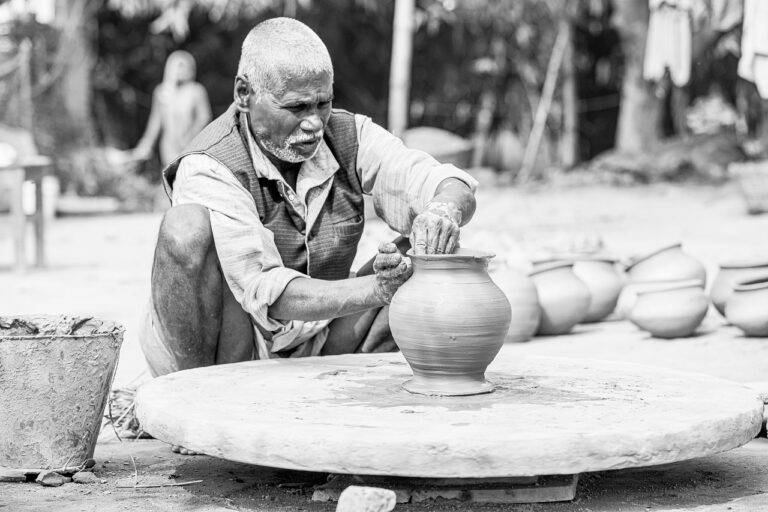How Political Action Committees Influence Elections
Political Action Committees (PACs) play a significant role in elections by providing financial support to candidates. These committees are established by corporations, labor unions, or interest groups to raise and spend money to support or oppose specific candidates. PACs often have a focused agenda, and their contributions can heavily influence the outcome of elections by funding advertising campaigns, direct mailings, and other promotional efforts.
In the current landscape of politics, the influence of PACs continues to raise concerns about the role of money in elections. Critics argue that PACs give wealthy donors and special interest groups disproportionate influence over the political process, potentially undermining the democratic principle of equal representation for all citizens. As PACs are not subject to the same contribution limits as individual donors, they can wield significant financial power and shape the narrative of political campaigns based on their agenda.
The Influence of Money in Politics
In modern politics, the influence of money carries substantial weight in shaping election outcomes and policy decisions. Financial contributions from individuals, corporations, and Political Action Committees (PACs) play a significant role in funding political campaigns. These contributions can impact a candidate’s ability to reach and engage with voters through advertising, events, and other campaign efforts.
Moreover, the influx of money in politics has raised concerns about the extent to which wealthy donors and special interest groups can sway political decisions in their favor. Critics argue that the current campaign finance system gives undue influence to those with deep pockets, potentially compromising the democratic principles of equality and fairness in elections. As such, the debate over the role of money in politics continues to be a contentious issue in the realm of governance and electoral processes.
What are Political Action Committees (PACs) and how do they influence elections?
PACs are organizations that raise money to support or oppose political candidates. They can donate funds directly to candidates or run independent campaigns in support of their preferred candidates. PACs have a significant influence on elections by providing financial support to candidates and promoting their agendas.
How does money influence politics?
Money plays a major role in politics by allowing candidates to fund their campaigns, purchase advertisements, and hire staff. Candidates with more money have a competitive advantage in elections, as they can reach more voters and promote their message effectively. Political donors also have the ability to influence candidates through campaign contributions.
Are there any regulations in place to limit the influence of money in politics?
Yes, there are laws and regulations in place to regulate campaign finance and limit the influence of money in politics. The Federal Election Commission (FEC) sets limits on individual contributions to candidates and requires candidates to disclose their donors. However, the effectiveness of these regulations is often debated, as wealthy individuals and corporations can still find ways to influence elections through PACs and other means.
How can voters combat the influence of money in politics?
Voters can combat the influence of money in politics by staying informed about campaign finance laws and regulations, researching the sources of candidates’ funding, and supporting candidates who prioritize campaign finance reform. Additionally, voters can advocate for stricter regulations on political donations and transparency in campaign finance.





